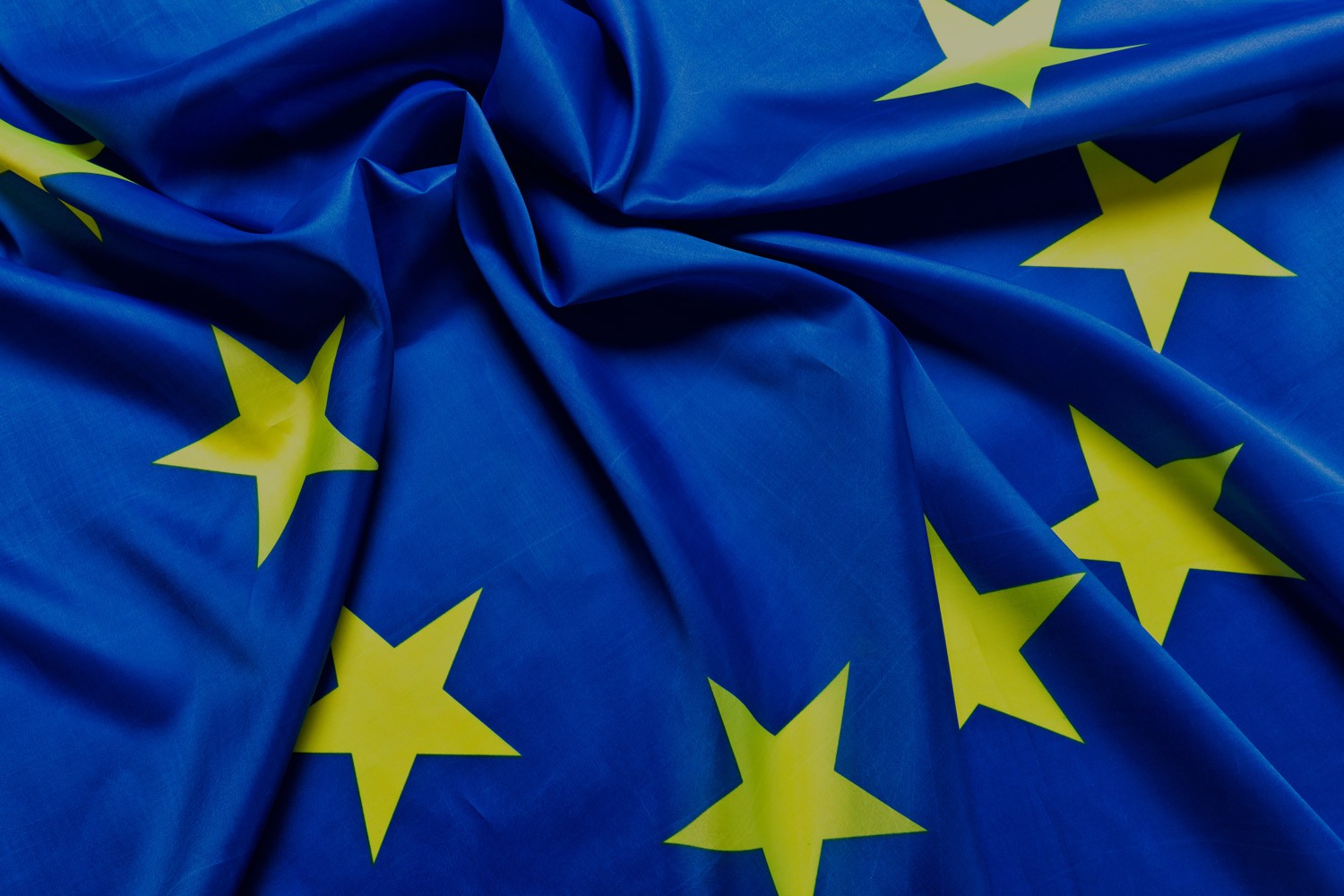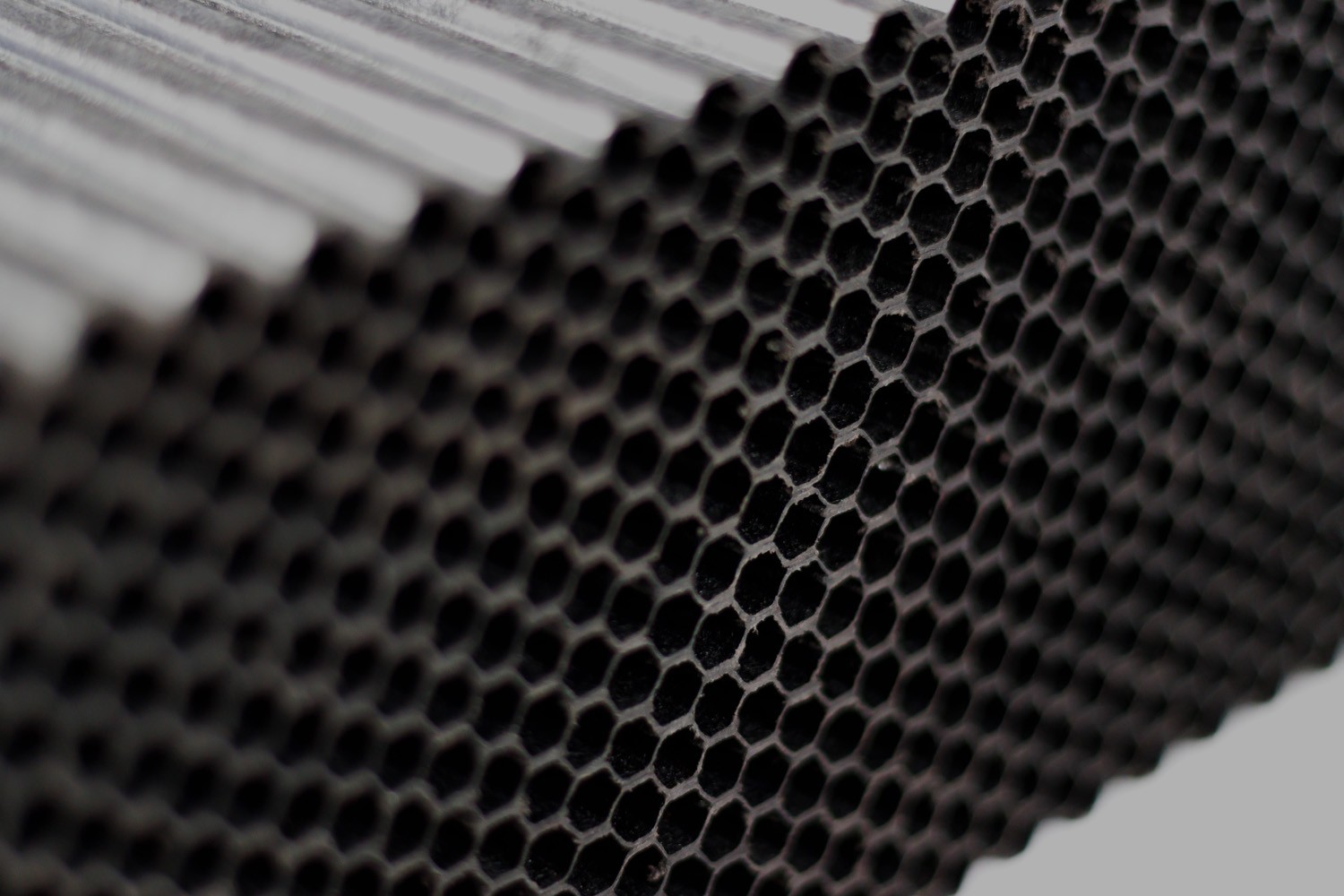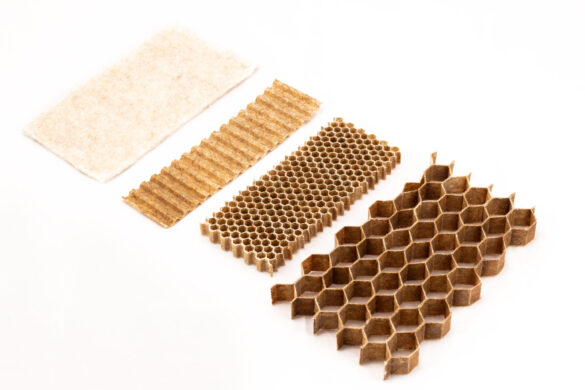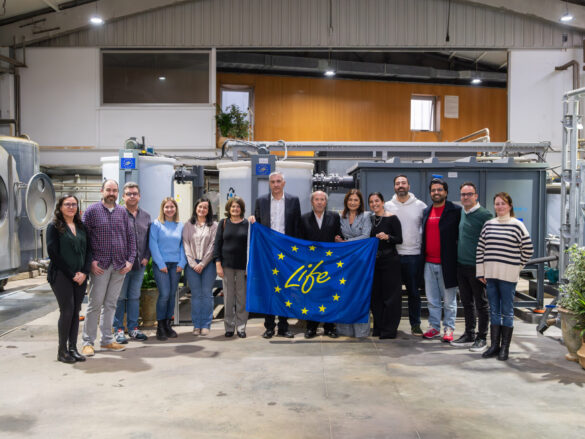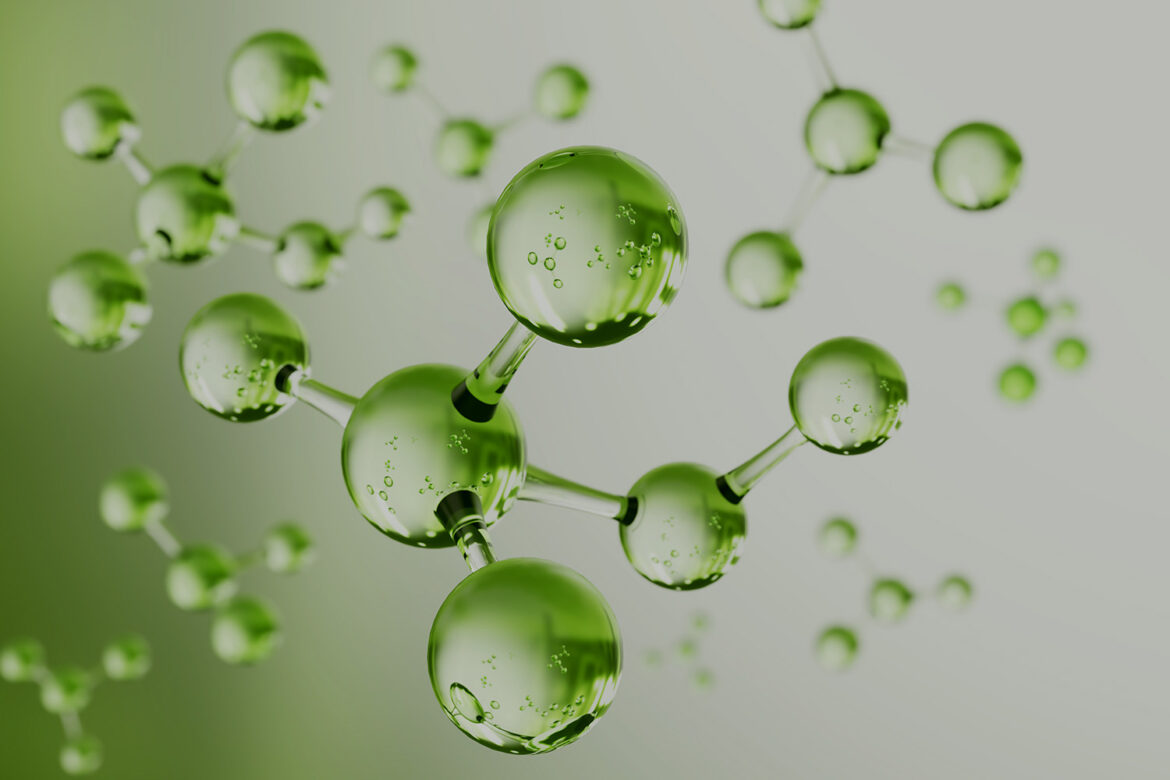
![]()
Circular economy and sustainability area / New high-performance materials area
Chemical recycling of post-consumer textile waste
CHEMUP III
Motivations
The textile industry is one of the world’s most important sectors, constituting a significant part of the global economy, turning over almost one point three trillion euros annually and employing more than three hundred million people throughout the value chain. In the last twenty years, global fibre production has doubled and is expected to continue to grow exponentially in the coming years. The current system of textile production, distribution and use operates in an almost entirely linear fashion and this, coupled with fast fashion, has led to significant problems of textile waste generation and accumulation in landfill and incineration.
In order to reduce the accumulation of textile waste, the CHEMUP III project focuses on the development of chemical methods for the recycling of textile waste.
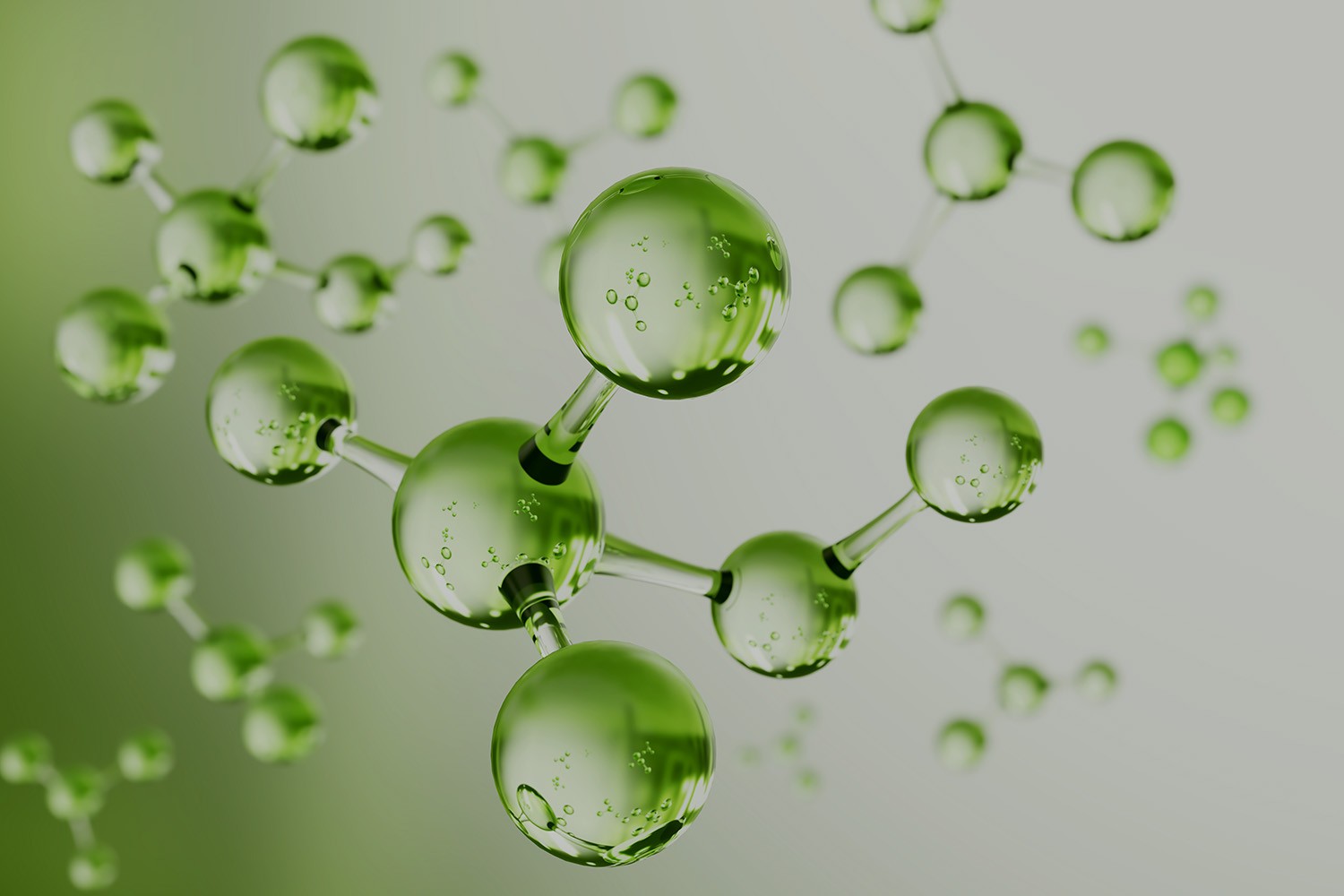
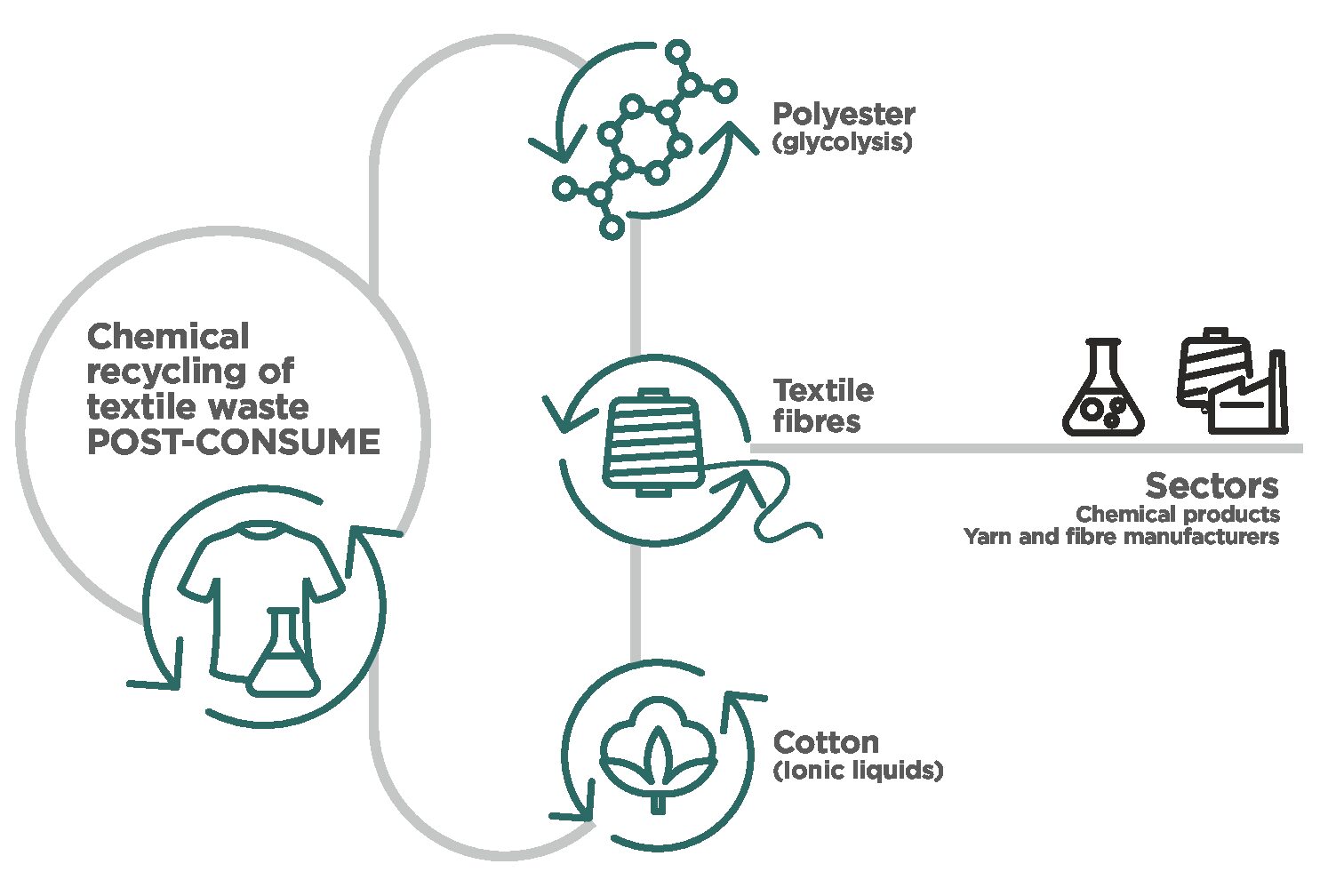
Objectives
The overall objective of the CHEMUP III project is the validation and implementation of a pilot chemical textile waste recycling programme. The project focuses on the following specific objectives:
- Optimisation of the chemical recycling process of polyester textile waste through a depolymerisation process using glycolysis. Study and validation of: (a) more sustainable and efficient catalysts in the glycolysis process and (b) more efficient adsorbents in the BHET purification process.
- Study and optimisation of the BHET polymerisation process to obtain recycled PET with properties suitable for fibre manufacture. Study and validation of more sustainable catalysts than those used in conventional PET polymerisation processes.
- Study and optimisation of the chemical recycling of cotton textile waste at laboratory scale using the Ioncell-F process.
- Study and analysis of the current state of the art of chemical recycling of PA from textile waste.
- Study and analysis of the current state of enzymatic recycling technology applied to textile waste.
Value and competitive advantage

-
Technological innovation.
-
High quality of recycled polyester. A recycled polymeric material is achieved with properties very similar to those of virgin material, thus allowing progress towards a circular textile economy.
-
Economic efficiency and environmental sustainability.
-
Opportunity for collaboration.
Results obtained

-
Significant technical advancements in the proposed research areas, specifically in the chemical recycling of different types of post-consumer textile waste, progressively facilitating the transition towards a circular economy.
-
Development of technological solutions that help mitigate the environmental issues associated with the generation and accumulation of textile waste. These solutions are specifically designed to address the particularities of each fiber, as the needs of each type of waste during the recycling process depend on its nature.
Grant number: IMAMCA/2023/6
Programme: Plan of non-economic activities 2023
Period of execution: January 2023 – December 2023
Status: Finished
More information: PLAN OF ACTION
Entity: IVACE

This project is funded by the Conselleria d’Economia Sostenible, Sectors Productius, Comerç i Treball de la Generalitat Valenciana, through IVACE.

CONTACTE CON NOSOTROS
¿Quiere contactar con nosotros? Pinche en el botón y escríbanos.
ÁREAS DE I+D
NOTICIAS
AITEX will be present at the new edition of In-Cosmetics 2025, which will be held from 8 to 10 April in Amsterdam. Find out about our laboratory testing and R&D services. Stand 5D12.
The technology centre AITEX and the investment vehicle REDIT Ventures create, in co-investment, the new company Honeytex, focused on the manufacture of advanced materials based on honeycomb cores.
The European LIFE ANHIDRA project will reduce the environmental footprint of one of the industries with the highest global water consumption.




